Prison chaplains face mixed-faith challenges
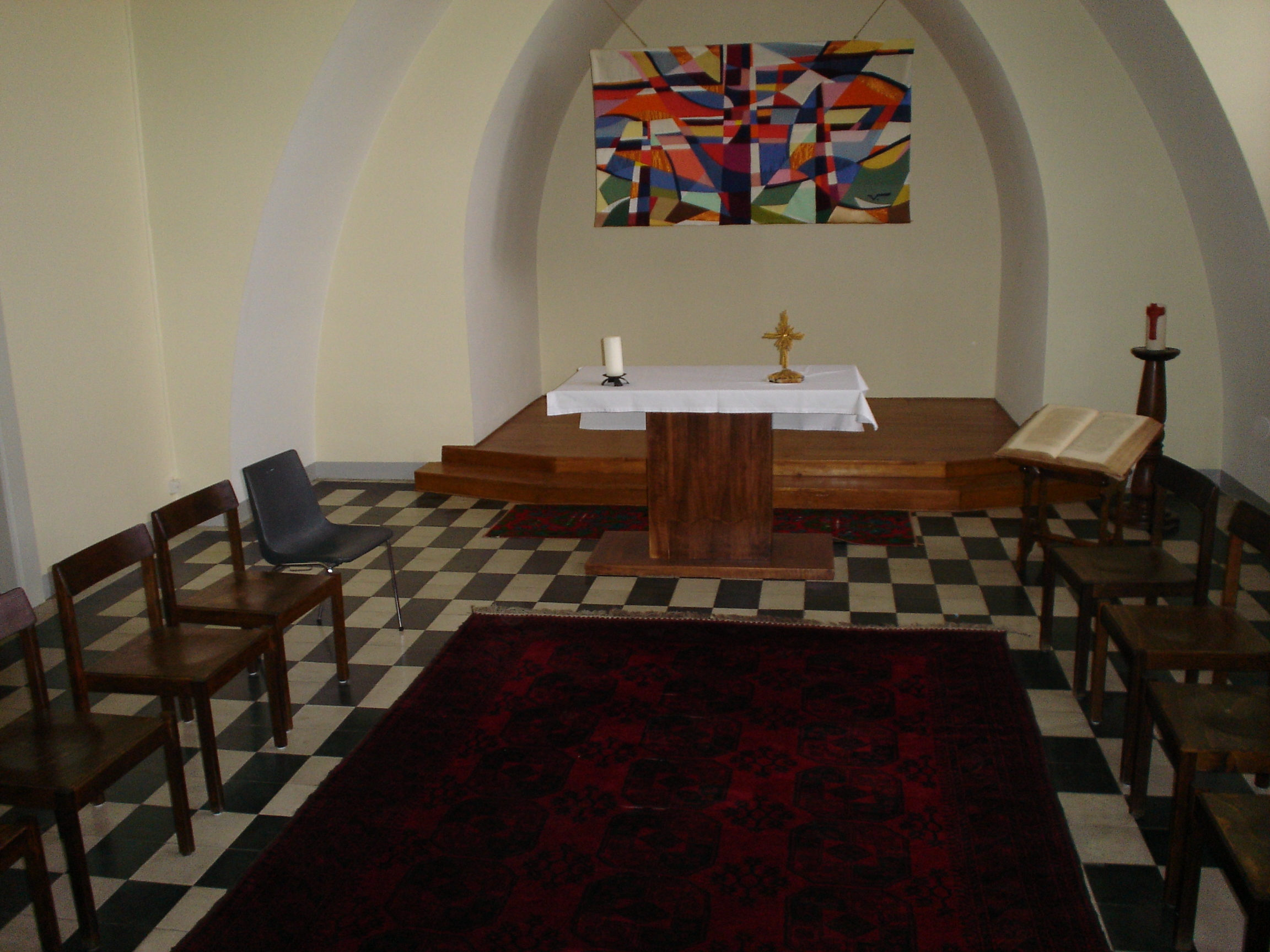
Although religious pluralism in Swiss prisons is not a problem, Muslims in the system remain the subject of discrimination, according to a national study.
swissinfo.ch spoke to Catholic chaplain Daniel Levasseur and his Protestant counterpart Philippe Cosandey, who are the chaplains for Orbe prison in canton Vaud.
They minister to inmates who are in for a few weeks and those who are behind bars for life. It doesn’t matter. The two chaplains prefer not to know what crimes have been committed. For them, prisoners are above all human beings who deserve to be heard.
“To be a chaplain, you have to develop your ability to listen and to question yourself. You must be theologically open. You can’t defend a precise position. We are not here to bring our church into the prison,” Cosandey said.
In this way, the chaplains minister to prisoners of all religions, as well as to non-believers. They talk to roughly 95 per cent of Orbe’s 250 inmates.
“People come to us because they know they can speak to us freely. It’s the only means they have of escaping their daily reality,” Levasseur said.
At its heart, the prison chaplaincy regards spirituality from a broad spectrum – perhaps as a way of defusing religious tensions in the harsh environment. As with other prisons in Switzerland, conflicts arising from religious differences are practically non-existent at Orbe.
“Research by our colleagues, notably in France and Britain, has identified problems of integration – including crises – relating to religion in prisons,” Claude Bovay, co-director of the National Science Foundation study, told swissinfo.ch. “But our observations show that in Switzerland, that is not the case at all.”
Bovay explained the “calm” on the one hand by an adequate response to religious rights, and on the other by the lack of radical religious elements in Swiss society that would otherwise be reflected in prisons.
Muslim discrimination
But while prisons do not represent a breeding ground for religious conversions or conflict, prejudices remain.
“In Switzerland, Muslims are stigmatised. In prisons, we find the same kind of behaviour and stereotyping that we do in society. Observance of the Muslim faith is considered to a certain degree as being out of step with Swiss values,” Bovay said.
At Orbe, where 33 per cent of inmates are Muslim, 33 per cent Catholic and 11 per cent Protestant, the chaplains say that discrimination towards Muslims comes mainly from the prison guards.
“It is very clear that certain members of the staff have issues with Muslims. They put them all in the same basket,” Cosandey said.
Lack of structure
One explanation for the problem could be the lack of a religious framework in the system for Muslims, despite their large number. Two imams rotate to lead Friday prayers at Orbe, but unlike the chaplains who work in the prison four days a week, the imams do not work in an official capacity.
“This poses a problem. There is a lack of funds for the imams. They are volunteers who come to the prison outside of their professional life. They come for a maximum of 45 minutes and they must run from the remand centre [situated away from the main prison] to Bochuz,” Cosandey said.
He also pointed out that it is difficult to minister to everyone because, as is the case among Christians, Muslims do not have uniform beliefs.
“Most notable are Muslims from North Africa or the Balkans. They do not have the same practices.”
Formalise qualifications
In the absence of a concrete solution, the chaplains attempt to juggle the religious diversity in the prison. It is work that requires a large commitment but that is not always recognised for its true worth, noted the study.
This is why the researchers are calling for the development of formal education programmes for chaplains throughout Switzerland. Bern University has been offering a specialist Masters course designed for prison chaplaincy since 2009, run out of the theology faculty.
Such programmes can be a useful tool in an institutional context that can often be difficult to manage.
“The biggest difficulty in our work is the interaction with the prison system,” Levasseur said.
“We work with words, trust, solidarity and listening – and we have to do this in an environment that preaches security, danger and the risk of reoffending.”
The study looks at the practice of religions in prison and was conducted by researchers from National Research Programme 58. NRP 58, “Religious communities, the state and society”, is tasked with studying the evolution of the religious landscape in Switzerland.
The study focused on the integration of new religions, the relationships between different religions and between the state and different religions.
NRP 58 was approved by parliament in December 2005 and was allocated SFr10 million ($10.7 million). Several research projects have been undertaken since 2007.
Source: NRP 58
Training. In French-speaking Switzerland, although there is no specific training to become a prison chaplain, there are prerequisites. For both Catholics and Protestants, a chaplain must have studied theology and completed three years’ education in pastoral ministry. In canton Vaud, pastoral training in listening and communication is offered by the chaplain’s service of the University Hospital and is basically obligatory for prison chaplains.
Salary. The chaplains are paid by their church, which receives cantonal funds for the purpose.
Practice. The chaplains are there to listen to the detainees. Their work is entirely independent from penal monitoring of the prisoner. The chaplains do not participate in prison evaluations of the prisoner. Meetings are confidential.
Presence. At Orbe prison, the chaplains have both fixed meetings with prisoners but also move freely throughout the corridors. In this way they can sense when a prisoner wants to speak with them. The two chaplains are present Tuesdays, Thursdays and Saturdays to meet with new arrivals and Sundays for services.
(Translated from French by Sophie Douez)

In compliance with the JTI standards
More: SWI swissinfo.ch certified by the Journalism Trust Initiative
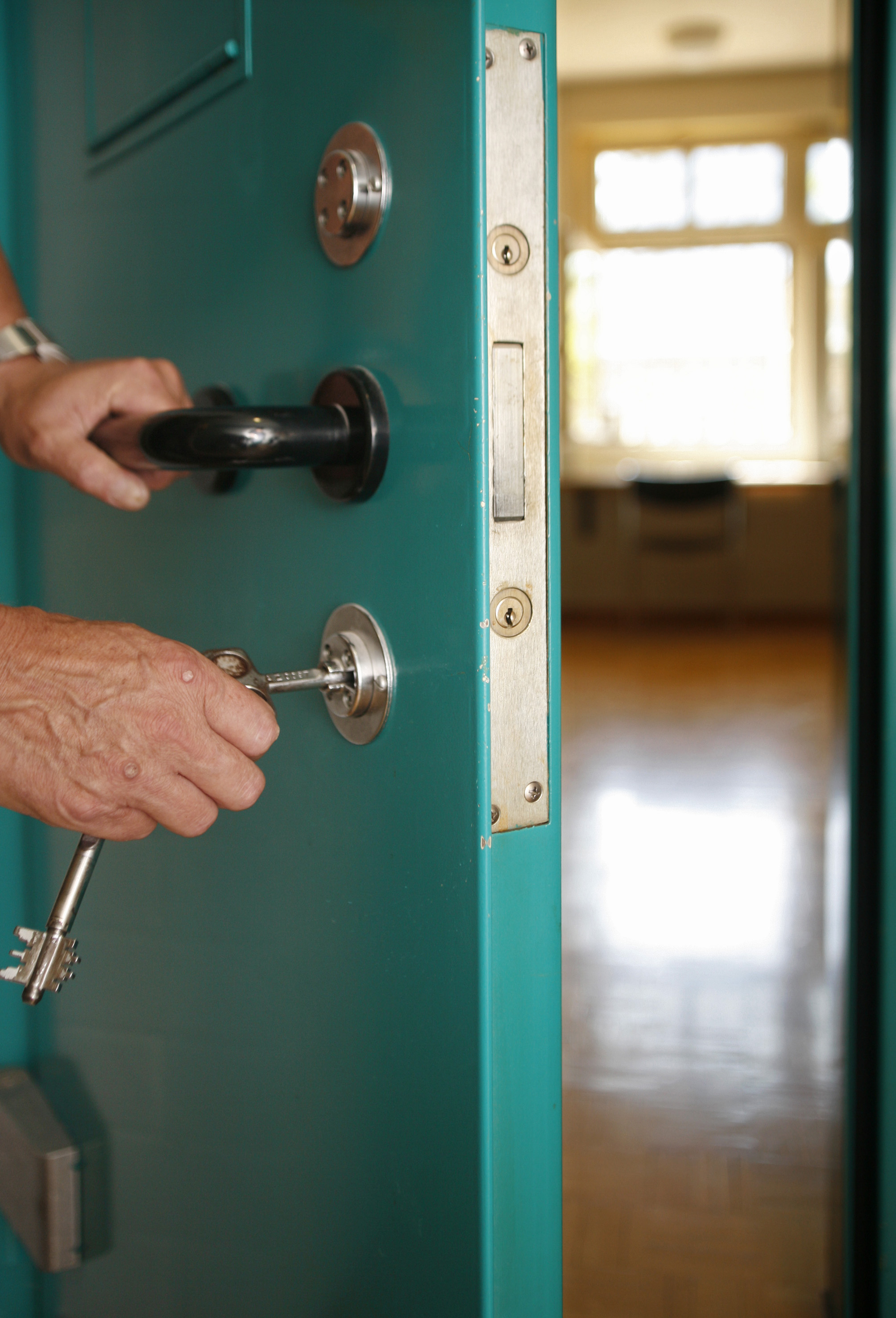
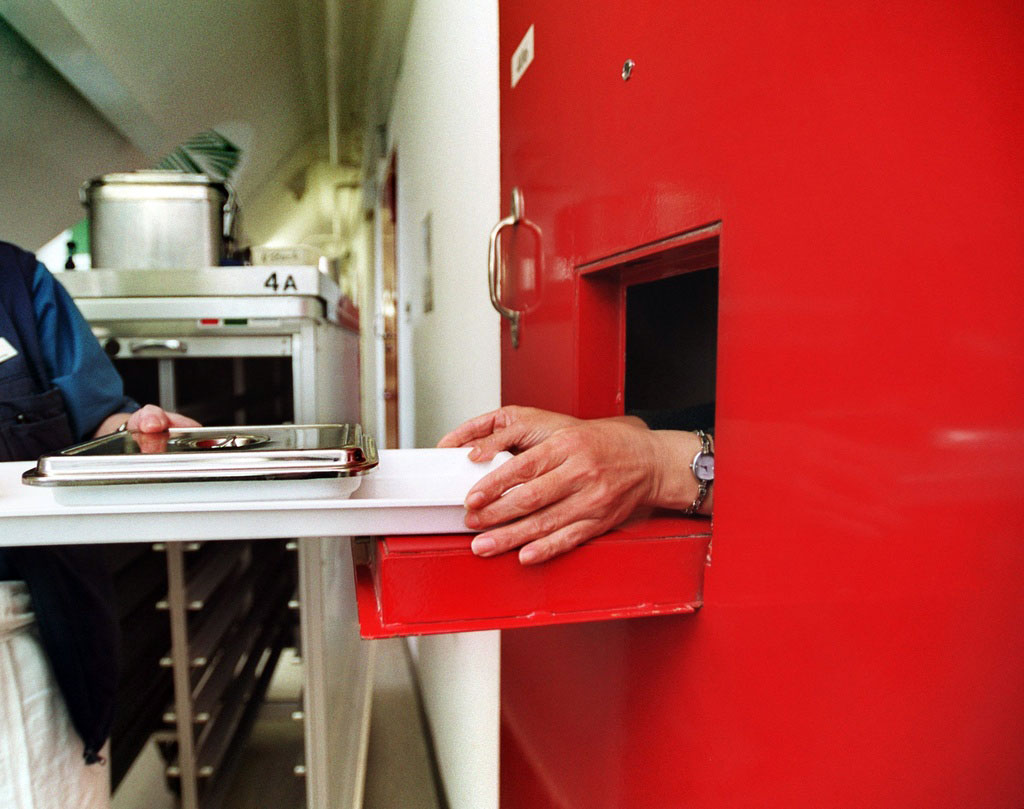
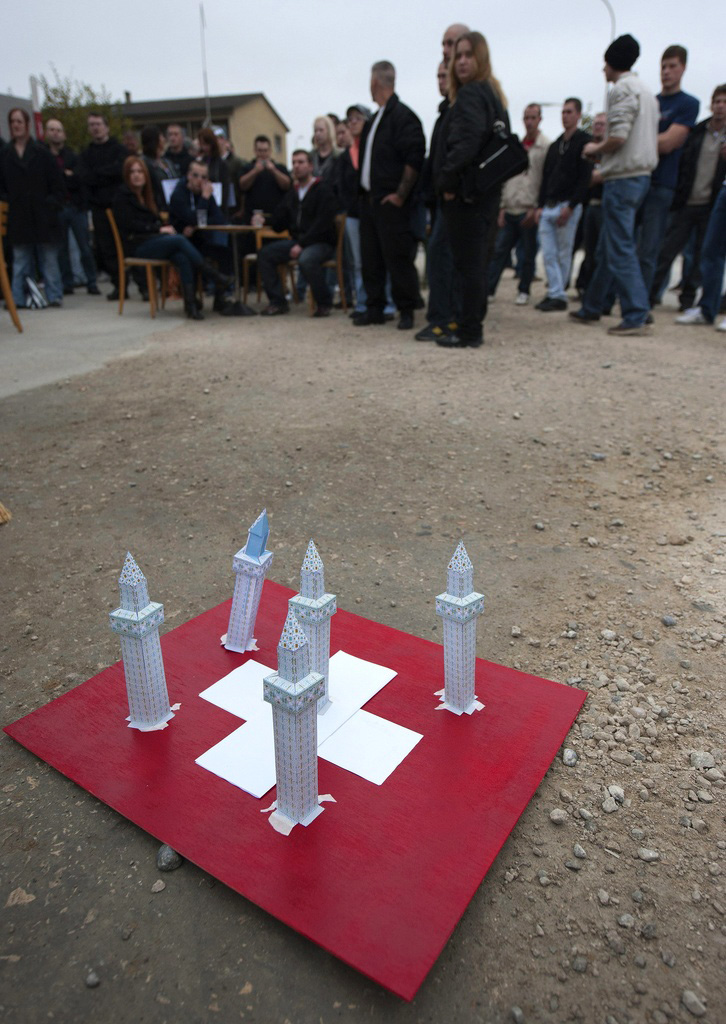
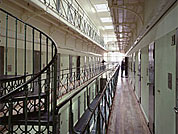
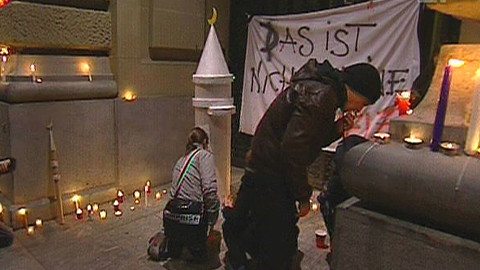
You can find an overview of ongoing debates with our journalists here. Please join us!
If you want to start a conversation about a topic raised in this article or want to report factual errors, email us at english@swissinfo.ch.